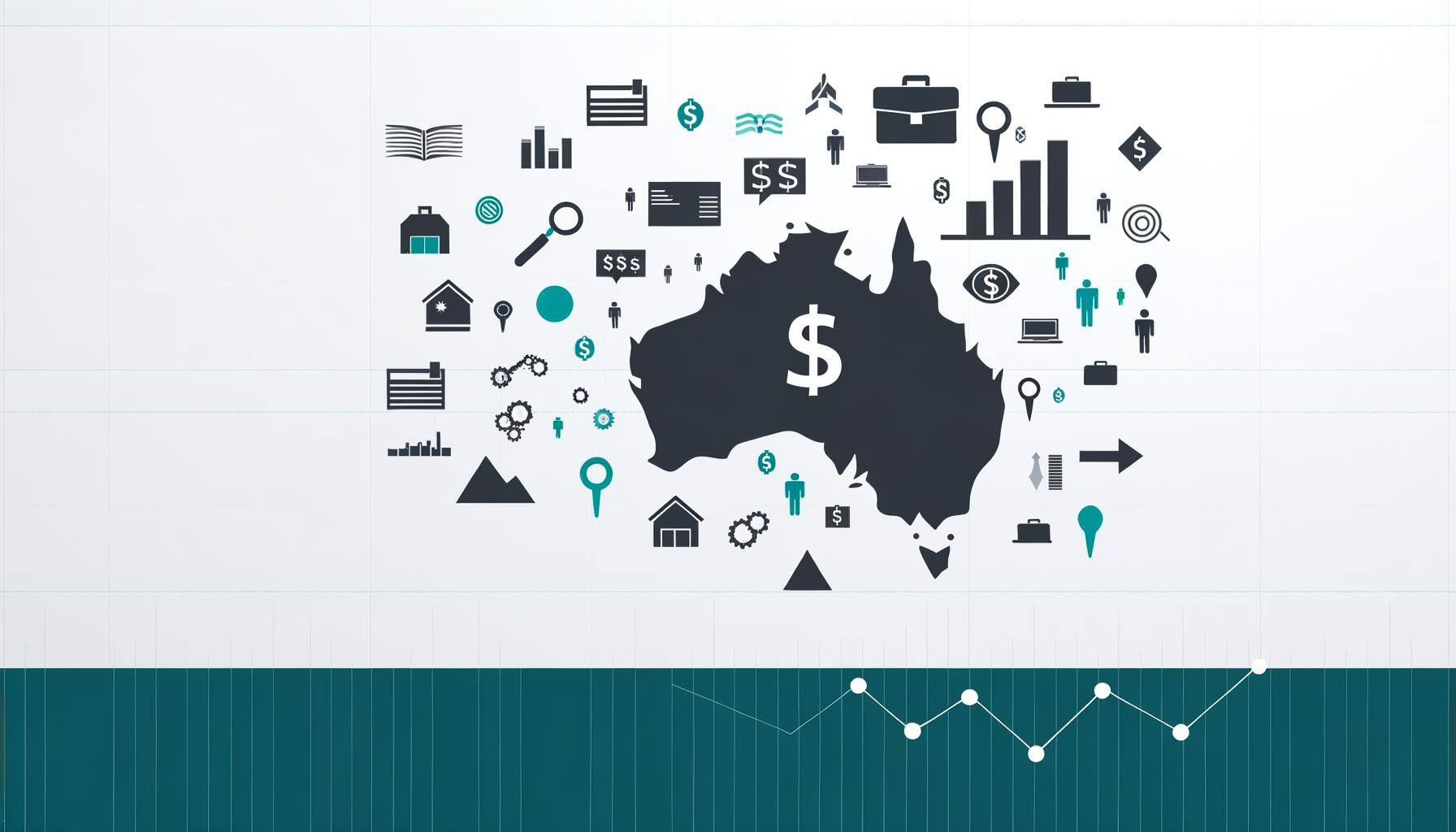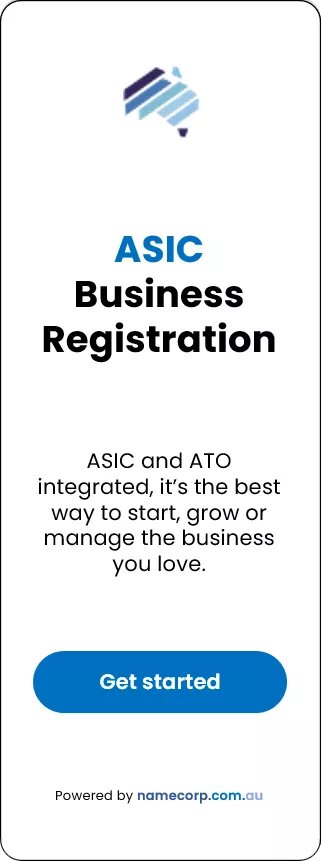Gas Prices Surge in Sydney and Melbourne as Winter Shortage Looms
Wholesale gas prices in Sydney and Melbourne have skyrocketed to their highest levels in over a year, raising concerns about a looming shortage in south-eastern states this winter. The price surge is expected to hit manufacturers hard and has reignited debates about Australia's energy policy.
Key Points:
- Sydney gas prices reached $28 per gigajoule, more than double the typical price.
- Melbourne prices hit their highest since November 2022.
- Industrial gas users are facing significantly higher costs.
- The price spike has affected wholesale electricity prices.
Industry leaders are calling for urgent action to address the supply issues. Innes Willox, CEO of the Australian Industry Group, urged an end to "the insanity of a war on gas" waged by some governments and interest groups.
The Australian Energy Market Operator (AEMO) has warned of a potential gas shortage in NSW, Victoria, South Australia, and the ACT, possibly lasting until September.
Critics blame government policies for the current situation. Shadow Energy Minister Ted O'Brien argues that Labor's interventions have increased sovereign risk and reduced investment, leading to supply restrictions.
Prime Minister Anthony Albanese defended the government's actions, citing the Future Gas Strategy as a measure to support new gas supply. He emphasised the importance of gas in manufacturing and as a firming capacity for renewable energy.
The crisis highlights the ongoing debate about Australia's energy future, including discussions about nuclear power and the role of gas in the transition to renewable energy.
As winter progresses, the situation remains tense, with businesses and households bracing for potential supply issues and higher energy costs.
Guzman y Gomez Shares Dip After Strong ASX Debut
Mexican-themed fast-food chain Guzman y Gomez (GYG) saw its shares fall 3.33% to $29 on Friday, following a spectacular ASX debut the previous day. The company's initial public offering (IPO) sparked significant interest among retail investors, accounting for nearly a third of all trades on popular platforms.
GYG's launch was the largest first-day trading for an IPO in Superhero's history, with 30% of all deals on Thursday. The company's shares initially surged 36% from the $22 offer price to $30 at Thursday's close, giving it a market capitalisation of $3 billion.
Superhero CEO John Winters noted a surge in new customer sign-ups and deposits, indicating strong investor interest. He observed that 97% of trades were buy orders, suggesting a "buy and hold" strategy rather than short-term trading.
The IPO attracted both retail and institutional investors, with local fund managers participating pre-listing. Gen Z investors showed particular interest in the well-known brand.
However, some analysts warn that GYG may be overvalued. Morningstar had previously valued the shares at $15, well below the offer price. Morningstar's equity research director, Johannes Faul, expressed concerns about the company's long-term growth potential, despite attractive restaurant economics in Australia.
GYG has set an ambitious target of 1,000 stores in Australia, but some experts question the feasibility of its growth plans, particularly in the competitive US market.
As the dust settles on this major ASX listing, investors will be closely watching GYG's performance in the coming months.
Commonwealth Bank Nears BHP's Top Spot on ASX
Commonwealth Bank (CBA) is on the verge of overtaking BHP as the largest company on the Australian Securities Exchange (ASX), a position it hasn't held since November 2021.
CBA's share price has surged 25% over the past year, reaching a record high of $128.19 on Friday. The bank's market capitalisation now stands at approximately $214 billion, just shy of BHP's $216 billion.
This remarkable rally in banking stocks has caught many analysts off guard. Interestingly, no analysts currently recommend buying CBA shares, with over 80% advising to sell at the current price. In contrast, about 35% of analysts maintain a "buy" rating for BHP.
UBS analyst John Storey suggests that the major banks' fair value could be about 20% lower than their current share prices. However, investors remain optimistic, citing factors such as:
- Upcoming tax cuts providing relief to consumers
- Low unemployment rates
- Rising property prices
- A more benign credit cycle than initially feared
Despite the lack of clear catalysts for further growth, many investors see few reasons for these stocks to lose value in the near term.
The rally has also attracted short sellers, with some experts warning that the share price may be inflated due to a combination of short squeezes and investors rushing to capitalise on the upward trend.
As CBA inches closer to becoming Australia's most valuable company, all eyes are on the ongoing battle between the banking giant and the resources sector leader, BHP.
iSignthis Found Guilty of Misleading Investors in Federal Court Ruling
In a significant blow to controversial payments group iSignthis, the Federal Court has ruled that the company misled investors about its revenue and failed to disclose the termination of a major deal with Visa. The judgement, delivered on 22 June 2024, marks the end of a tumultuous period for the once high-flying fintech.
Key Points:
- Federal Court found iSignthis breached continuous disclosure obligations
- Company misled investors about one-off revenue earned in 2018
- Failed to disclose termination of Visa agreement
- Former MD John Karantzis made false statements about revenue
The Australian Securities and Investments Commission (ASIC) brought the claim against iSignthis and its former managing director, John Karantzis, in 2020. Justice Tim McEvoy's ruling comes after a six-day hearing last year.
The court found that iSignthis had not disclosed that $3 million of its $5 million revenue in the first half of 2018 came from three outsourced projects costing $2.85 million. This revelation raises questions about the company's true profitability during this period.
Notably, by achieving annualised revenues of $10 million, iSignthis management became eligible for 337 million bonus shares, worth $500 million at the time. However, the court did not find evidence that Mr Karantzis deliberately structured revenue to meet these performance milestones.
The case has also implicated Grant Thornton partner Brad Taylor, who faces criminal charges related to the 2018 audit of iSignthis.
This ruling serves as a stark reminder of the importance of transparency and accurate disclosure in the Australian financial markets. The court will determine penalties and costs at a later date.
Foreign Interest in Australian Property Cools Amid Policy Changes
As of 22 June 2024, recent Treasury figures reveal a softening in overseas interest in Australian residential real estate. The data, based on Foreign Investment Review Board (FIRB) applications, suggests a decline in the post-pandemic recovery of transaction activity.
Key Findings
- Approved housing purchases by overseas buyers decreased to 2,954 in the first half of FY24, down from 3,196 in the same period last year.
- Purchases from China, Hong Kong, Vietnam, Singapore, Indonesia, South Africa, and the UK fell below half of their previous year's total.
- Victoria led in foreign purchases in 2023, followed by Queensland and NSW.
Factors Influencing the Trend
Experts attribute this decline to several factors:
- The federal government's intention to reduce overall migration numbers
- Increased taxation on property investors in some states, particularly Victoria
- Potential changes in policies regarding foreign investors and temporary residents buying homes in Australia
Impact on the Housing Market
While some argue that restricting foreign housing purchases could help address affordability issues, others warn of potential negative consequences:
- Dampening effect on unit construction, as foreign capital often contributes to off-the-plan developments
- Possible worsening of Australia's housing shortage
Looking Ahead
As policy changes and market conditions continue to evolve, the Australian property market may face further shifts in foreign investment patterns. Industry experts and policymakers will be closely monitoring these trends to assess their impact on housing affordability and supply.
Government Spending Surge Could Delay Interest Rate Cuts, Warns Westpac
In a bold move, Australian federal and state governments are set to inject over $50 billion into the economy in the coming year. While this massive stimulus aims to boost growth, it could have unintended consequences, according to a recent Westpac report.
Inflation Concerns on the Rise
Westpac senior economist Pat Bustamante warns that this fiscal injection, larger than the response to the 2008 global financial crisis, could fuel inflation. The spending spree includes:
- Household electricity bill rebates
- Increased government services
- Major infrastructure projects
These measures are expected to increase aggregate demand by a significant 2.2% of GDP in 2024-25.
Interest Rate Relief at Risk
The substantial government spending could potentially delay much-anticipated interest rate cuts. "If concerns about persistent price pressures continue, this may add to the risk that interest rate relief is delayed," Bustamante cautioned.
State Debt Set to Skyrocket
The spending boom isn't limited to the federal level. State governments are also opening their wallets, with collective debt projected to hit a staggering $800 billion by 2028 – triple the pre-pandemic levels.
Cost-of-Living Support
Recent budget announcements include:
- $300 energy bill assistance for every household (federal)
- $1000 for Queensland household energy users
- $400 electricity bill credits in Western Australia
- $400 payment for guardians of public school children in Victoria
While these measures aim to ease cost-of-living pressures, they may contribute to keeping inflation higher than expected.
As Australia navigates this complex economic landscape, the balance between stimulating growth and managing inflation remains a critical challenge for policymakers.
CBA's Digi Home Loan: A Tepid Start in the Battle for Borrowers
Commonwealth Bank's new Digi Home Loan has made a lukewarm debut in the Australian mortgage market, according to analysts. Launched in late May 2024, the product aims to reduce CBA's reliance on mortgage brokers but falls short of being a significant threat to the broker channel.
Key Points:
- CBA's Digi Home Loan offers a 6.15% interest rate for new refinancing customers
- Analysts deem the product "innovative" but not compelling enough to significantly impact broker growth
- The loan lacks features like an offset facility, limiting its appeal
- Other digital mortgages offer rates closer to 6%
Despite CBA's efforts to boost in-house lending, mortgage brokers still dominate the market, writing about 75% of new home loans in Australia. CBA has managed to reduce broker-originated loans from 48% in 2019 to 43% in the first half of this financial year.
Jarden analyst Jeff Cai suggests that if banks could reclaim 10% of loan flows from brokers, it would increase the sector's annual income by $300 million.
David Hyman, CEO of Lendi (owner of Aussie Home Loans), criticised the banks' push to win back market share as an "unhelpful distraction". He argues that it ignores customer preferences and commercial realities.
While CBA leads the charge in reducing broker reliance, other major banks like ANZ, NAB, and Westpac still rely heavily on brokers for new loans. Only Westpac has announced plans to follow CBA in removing bonus caps for bankers.
As the battle for borrowers continues, it remains to be seen whether digital offerings like CBA's Digi Home Loan can significantly challenge the dominance of mortgage brokers in the Australian market.
Meta's Threat to Australian Media: News Outlets Call for Action
In a dramatic turn of events, major Australian media organisations have accused Meta of preparing to "blackmail the government" over its refusal to renew commercial deals worth about $70 million. These deals, which pay news companies for their content, are legally required under the Media Bargaining Code.
At a parliamentary inquiry on 22 June 2024, media bosses warned that Meta's decision could lead to job cuts and even the closure of some mastheads, potentially threatening democracy and public safety.
News Corp chairman Michael Miller didn't mince words, stating, "Meta is preparing to blackmail not just us in the news industry, but also you as a government." He suggested that Meta might block Australian access to local news if designated under the code.
Despite Meta's claim that news content represents only 3% of Facebook users' feed, Nine CEO Mike Sneesby reported that consumption of their news content on social media has never been higher. A University of Canberra and Reuters study found that 48% of Australians access news via Meta platforms.
The media executives called for stronger regulation of social media platforms, with some even suggesting a ban on Facebook if Meta refuses to comply with Australian law. News Corp's Miller described social media as "a cancer in our society", citing issues such as cyberbullying, online scams, and political interference.
Seven West Media CEO Jeff Howard urged for more platforms to be added to the designated list, including YouTube, Instagram, X, TikTok, and LinkedIn.
As the Australian government considers its next move, the future of news content on social media platforms hangs in the balance.
CFMEU Fined $109,000 for Blocking Concrete Pours on Victorian Project
The Federal Court has slapped John Setka's Construction, Forestry, Maritime, Mining and Energy Union (CFMEU) with a $109,000 fine for obstructing concrete pours at a major Victorian government project. The union's actions at the $523 million Mordialloc Freeway project were deemed emblematic of long-standing industry issues.
Justice John Snaden highlighted organiser Jimmy Harris's decision to halt three concrete trucks due to the absence of hygienic wipes as particularly egregious. The judge stated this behaviour exhibited "unmistakeable hallmarks of coercion" that have plagued the Australian construction industry for decades.
The case, initially brought by the Australian Building and Construction Commission, was later transferred to the Fair Work Ombudsman following the commission's abolition by the Labor government.
Two other CFMEU officials, Paul Tzimas and Gerald McCrudden, were fined for abusive behaviour towards managers over safety concerns. Justice Snaden described their actions as "needlessly obnoxious and rude" but considered them less serious than Harris's conduct.


